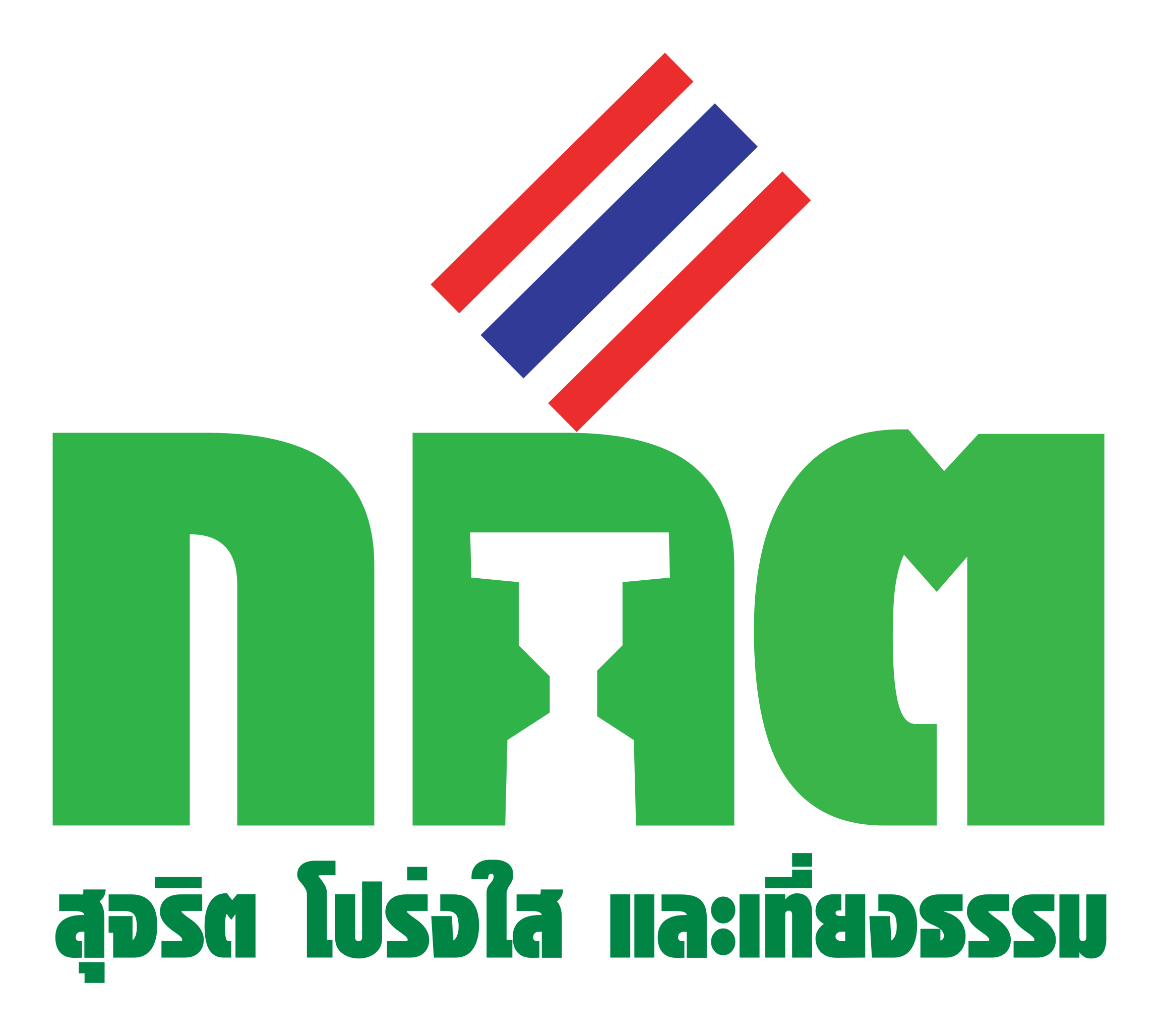- May 4, 2021
- 3,610

Preparation
The Socialist Republic of Thailand Election Commission (ECT) met its democratically chosen authorities on the 12th of May 2006 and set a master plan to commence making arrangements for the 2007 Thai General Election cycle. To ensure the election was free, fair, open, and genuinely participatory, the coordination bureau conducted a series of inquiries and collated ample information from provincial, district, and subdistrict election committees across the country. The ECT coordinated a steady stream of information upwards from each of the 75,086 Community Assemblies since it has been the confederal-level election coordinating forum. The information that was solicited included specific problems, resource deficits, committee capability, and the particular support that the confederal forum was in a position to provide.
The legal affairs bureau studied in detail the existing legal provisions and intercommunal agreements in the 2003 Thai Constitution. The outcome of this exercise was that the bureau established what needed to be clarified or modified, including PR list distribution, election finance laws of the cooperative economy, laws on electronic voting, timelines for dispute resolution, and coordinated but different roles of the national EC and the provincial/local committees. In essence, community assemblies and provincial governments could maintain the right, as constitutionally set, to either accept or decline suggested changes in existing agreements, as the ECT was not necessarily entitled to the same.
The ECT led a comprehensive analysis of the most recent general election because it recognized that rigorous self-reflection was an essential part of the dynamic development of Thai Socialist Participatory Democracy. The ethic of continuous improvement required that every element be thoroughly analyzed, from reports and sanitized data to the complex technical performance record of the digital democracy platform.
Above all else, it used open lines of communication, open forums of opinion for the masses, and critical analysis by actual socialist organizations. Again, ECT went all out to have the voting mechanism increase turnout figures, obviously represent the dictate of equality, be transparent every step of the way naturally, and, courtesy of technology, actually work toward collective empowerment. This was an important reiteration of the basic principles on which the Socialist Republic had been established, not a matter of style.
Therefore, in May 2006, the Election Commission began this first critical phase with preliminary plans and estimates, as well as a reaffirmation of its profound mandate. More than merely formalities, the meticulous collection of data from every Community Assembly, the critical analysis of confederal agreements upholding communal self-determination, and the rigorous self-reflection on prior practices were the realization of socialist participatory democracy. This groundwork, performed under the muted hum of a nation united in common advancement yet sensitive to gathering world economic storm fronts, delineated not only logistic pathways but also re-drew democratic and moral lines that must cross the 2007 election. It was a poignant reminder that, in the Socialist Republic, listening and consulting with the people themselves must be the bedrock of election preparation so that the future remains loyal to the promise of the Revolution.
The legal affairs bureau studied in detail the existing legal provisions and intercommunal agreements in the 2003 Thai Constitution. The outcome of this exercise was that the bureau established what needed to be clarified or modified, including PR list distribution, election finance laws of the cooperative economy, laws on electronic voting, timelines for dispute resolution, and coordinated but different roles of the national EC and the provincial/local committees. In essence, community assemblies and provincial governments could maintain the right, as constitutionally set, to either accept or decline suggested changes in existing agreements, as the ECT was not necessarily entitled to the same.
The ECT led a comprehensive analysis of the most recent general election because it recognized that rigorous self-reflection was an essential part of the dynamic development of Thai Socialist Participatory Democracy. The ethic of continuous improvement required that every element be thoroughly analyzed, from reports and sanitized data to the complex technical performance record of the digital democracy platform.
Above all else, it used open lines of communication, open forums of opinion for the masses, and critical analysis by actual socialist organizations. Again, ECT went all out to have the voting mechanism increase turnout figures, obviously represent the dictate of equality, be transparent every step of the way naturally, and, courtesy of technology, actually work toward collective empowerment. This was an important reiteration of the basic principles on which the Socialist Republic had been established, not a matter of style.
Therefore, in May 2006, the Election Commission began this first critical phase with preliminary plans and estimates, as well as a reaffirmation of its profound mandate. More than merely formalities, the meticulous collection of data from every Community Assembly, the critical analysis of confederal agreements upholding communal self-determination, and the rigorous self-reflection on prior practices were the realization of socialist participatory democracy. This groundwork, performed under the muted hum of a nation united in common advancement yet sensitive to gathering world economic storm fronts, delineated not only logistic pathways but also re-drew democratic and moral lines that must cross the 2007 election. It was a poignant reminder that, in the Socialist Republic, listening and consulting with the people themselves must be the bedrock of election preparation so that the future remains loyal to the promise of the Revolution.















